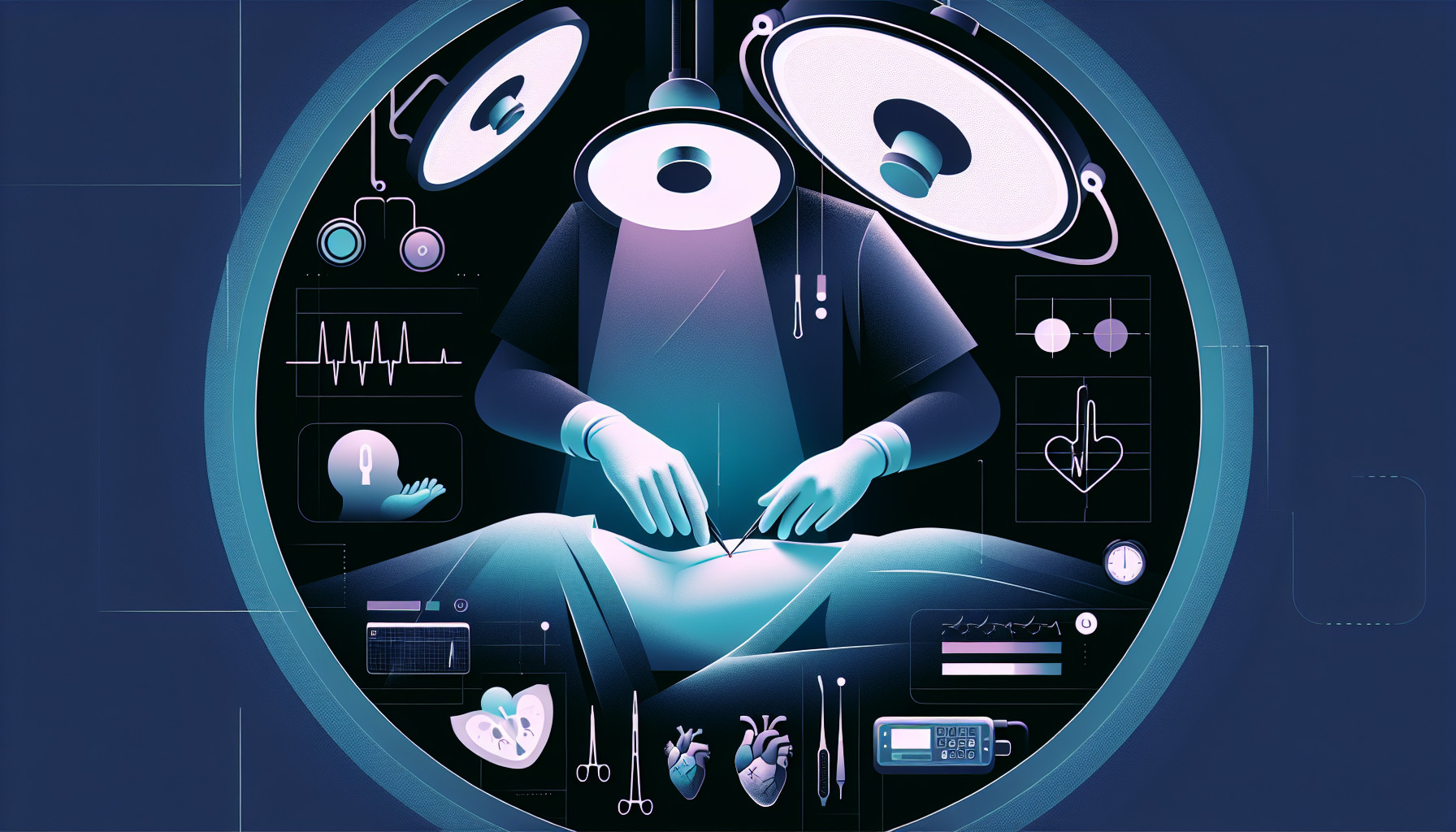Our Summary
This study aimed to understand the difference in sexual satisfaction between breast cancer patients who underwent two different types of surgery - Modified Radical Mastectomy (MRM), which is a more extensive surgery that removes all breast tissue, and Breast Conserving Surgery (BCS), which only removes the cancerous part of the breast.
The researchers used a questionnaire to collect data from 2020 to 2021. The results showed that patients who had BCS reported higher sexual satisfaction than those who had MRM.
Other factors that influenced sexual satisfaction included age (those under 55 were more satisfied than those 55 and older), time since surgery (those less than 5 years post-surgery were more satisfied than those more than 5 years post-surgery), and whether or not the patient had chemotherapy (those who had chemotherapy were less satisfied).
However, factors like whether or not the patient had radiotherapy, length of marriage, marital status, education level, and whether they worked at home or outside did not significantly affect sexual satisfaction.
In conclusion, the type of surgery was the most significant factor in sexual satisfaction, followed by age and whether or not the patient had chemotherapy.
FAQs
- What is the difference between Modified Radical Mastectomy (MRM) and Breast Conserving Surgery (BCS)?
- How does the type of surgery and other factors like age and chemotherapy affect sexual satisfaction in breast cancer patients?
- Did factors like marital status, education level, and type of work significantly influence sexual satisfaction in this study?
Doctor’s Tip
A helpful tip a doctor might give to a patient undergoing a radical mastectomy is to communicate openly with their healthcare team about any concerns or questions they may have regarding sexual satisfaction post-surgery. They can also consider seeking support from a therapist or counselor who specializes in sexual health to help navigate any changes or challenges they may experience. Additionally, exploring different ways to maintain intimacy and connection with their partner, such as trying new sexual positions or incorporating sensual activities, can help enhance their overall sexual satisfaction and well-being.
Suitable For
Therefore, patients who are recommended radical mastectomy are those who have a more extensive form of breast cancer that requires the removal of all breast tissue. These patients may have a higher risk of recurrence or a larger tumor size that cannot be effectively treated with breast-conserving surgery. Additionally, factors such as age and whether or not the patient will undergo chemotherapy may also play a role in the recommendation for radical mastectomy.
Timeline
Timeline:
Before radical mastectomy:
- Patient is diagnosed with breast cancer and discusses treatment options with their healthcare provider.
- Patient decides to undergo radical mastectomy, a surgical procedure that removes all breast tissue, including the cancerous tumor.
- Patient undergoes pre-operative tests and consultations to prepare for the surgery.
- Patient undergoes the radical mastectomy surgery, which typically lasts several hours and requires a hospital stay.
- Patient recovers from the surgery, experiencing pain, discomfort, and limitations in arm movement.
- Patient may undergo additional treatments such as chemotherapy or radiation therapy to further treat the cancer.
- Patient may experience emotional distress, body image issues, and changes in self-esteem due to the loss of their breast(s).
After radical mastectomy:
- Patient continues to recover from the surgery, gradually regaining strength and mobility.
- Patient may experience phantom breast sensations or nerve pain in the chest area.
- Patient may undergo breast reconstruction surgery to restore the appearance of their breast(s).
- Patient undergoes follow-up appointments and screenings to monitor for any signs of cancer recurrence.
- Patient may undergo physical therapy or counseling to help cope with any lingering physical or emotional effects of the surgery.
- Patient gradually adjusts to life after radical mastectomy, finding ways to cope with the changes in their body and regain a sense of normalcy.
What to Ask Your Doctor
- What is a radical mastectomy and how does it differ from other types of mastectomy surgeries?
- What are the potential risks and benefits of undergoing a radical mastectomy?
- How will a radical mastectomy affect my physical appearance and body image?
- Will I need reconstruction surgery after a radical mastectomy and what are my options?
- How will a radical mastectomy impact my ability to perform daily activities and participate in physical exercise?
- What is the recovery process like after a radical mastectomy and how long will it take to fully heal?
- How will a radical mastectomy affect my risk of cancer recurrence and long-term survival?
- Are there any alternative treatments or less invasive surgical options that may be suitable for my case?
- How will a radical mastectomy impact my emotional well-being and mental health?
- What resources and support services are available to help me cope with the physical and emotional challenges of undergoing a radical mastectomy?
Reference
Authors: Salafuddin MF, Yarso KY, Nugroho HA, Renardi AS. Journal: Asian Pac J Cancer Prev. 2023 Jun 1;24(6):2083-2088. doi: 10.31557/APJCP.2023.24.6.2083. PMID: 37378939
